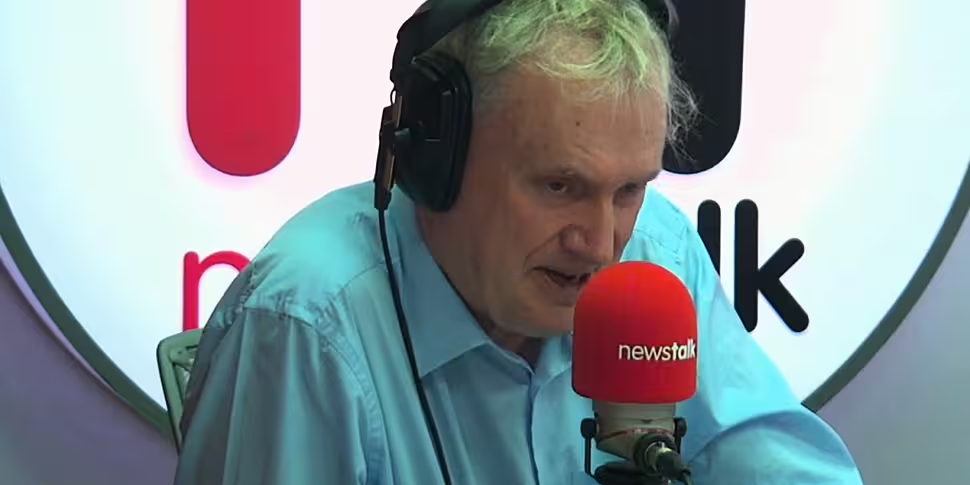Professor Luke O'Neill says children will have to be vaccinated in order to achieve herd immunity.
The Trinity immunologist also says the recent results of a Pfizer trial among 12 to 15-year-olds show the company's vaccine works 'superbly well' in children.
Pfizer and BioNTech released the results of their 2,260 person trial yesterday.
They said their vaccine showed "100% efficacy and robust antibody responses" in the age group.
Speaking on The Pat Kenny Show, Professor O'Neill said childrens' immune systems are generally stronger - something which helps explain why the vaccine is so effective.
He also believes similar trials being run by AstraZeneca and Moderna will show their vaccines work just as well among younger people.
He said: “It’s important because if we want to get to herd immunity, we’re going to have to vaccinate the children.
"20% of people in Ireland are under the age of 18 - to get to that 80% overall coverage, that means children will have to be part of the vaccination plan."
He said it was predictable that the Pfizer vaccine would work in teenagers, but vaccine manufacturers are always cautious and test adults first.
Pfizer is now asking regulators to approve their vaccine for use in children 'as soon as possible'.
They hope they’ll be able to start vaccinating adolescents in the US before the new school year starts in September.
Professor O'Neill added: “That may come here as well, of course - if this all continues, we could be vaccinating people under 15 in September in Ireland, which would be great."
The leading immunologist said the disease is typically more severe in adults, but it can lead to hospitalisation and severe disease in children so they should be protected as well.
He added that all manufacturers are now developing nasal spray versions of their vaccines, which would help them be rolled out easily and rapidly to children and others.
However, he stressed it will take a while for that to happen.
Vaccine programme
Professor O'Neill also commented on the major overhaul of the vaccination programme, which will soon see people vaccinated on the basis of age rather than occupation.
He said: “It was a pragmatic thing. There’s no doubt the science tells us this is a disease of age.
“It does make sense to do it by age, overall, but you’d love to get everyone covered.
“A study from Scotland has shown teachers aren’t at especially increased risk of severe disease than other occupations… maybe that’s why they’ve done it. We’d like the see what evidence they’re basing it on, mind you.”
He noted severe disease isn't the only consideration, as the likes of teachers and gardaí may be picking up more infection and therefore spreading the disease even if they don't get very sick themselves.
Professor O'Neill pointed to the Government's goal of vaccinating 80% of adults by the end of June - saying that means everyone who wants to be vaccinated should get a jab within just a few short months.









